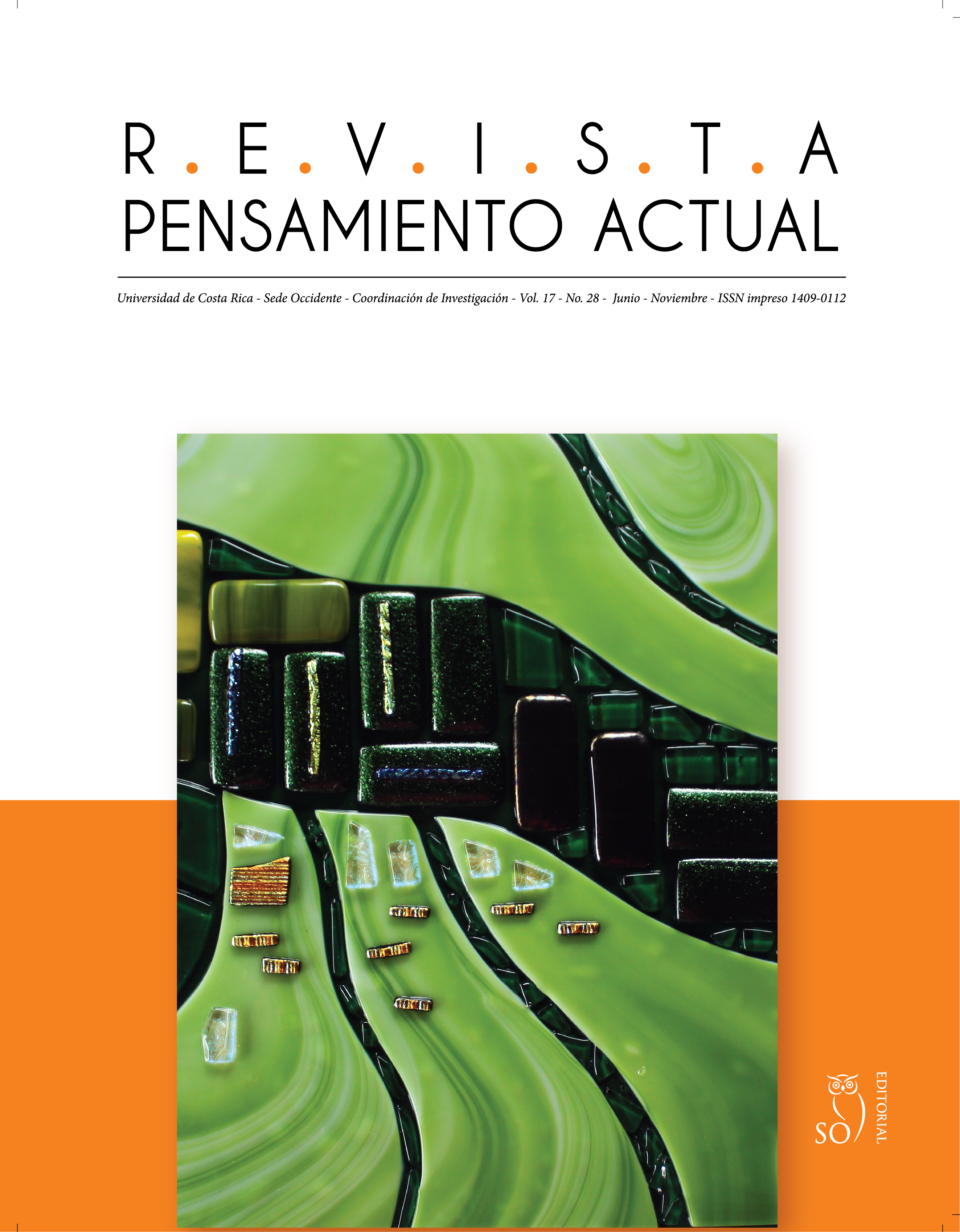Abstract
Sodium nitrite or potassium is one of the main components to produce sausage or processed meat. It is an important ingredient to preserve and to stimulate taste buds. World Health Organization (October 2015) has reported that processed meat is classified as a carcinogen; there is evidence that makes a correlation with colorectal cancer in human beings consuming them. As part of the regulation and control of nitrite in Costa Rica, there are technical restrictions (Reglamento Técnico RTCR 411:2008 Productos Cárnicos Embutidos: Salchicha, Salchichón, Mortadela y Chorizo), it stipulates that it must have fewer than 125 mg/kg of sodium or potassium nitrite in the products. This study shows a content of nitrite in 30 lots of sausages with the same formula, in the same production. It was found that the average of sodium nitrite was 88±6 mg/kg, being 121±2 mg/kg the highest result and 38±2 mg/kg for the lower value of the lots. The results show that none of the samples has broken any regulations. On the other hand, the concentrations of nitrite perform fluctuating in different lots due to variables or process steps that should be improved to reduce fluctuation because it not depends on the standard formula. It depends on different factors like chemical product variables, stages of the process, and curing salt. They must be under a strict control, nitrites especially.
